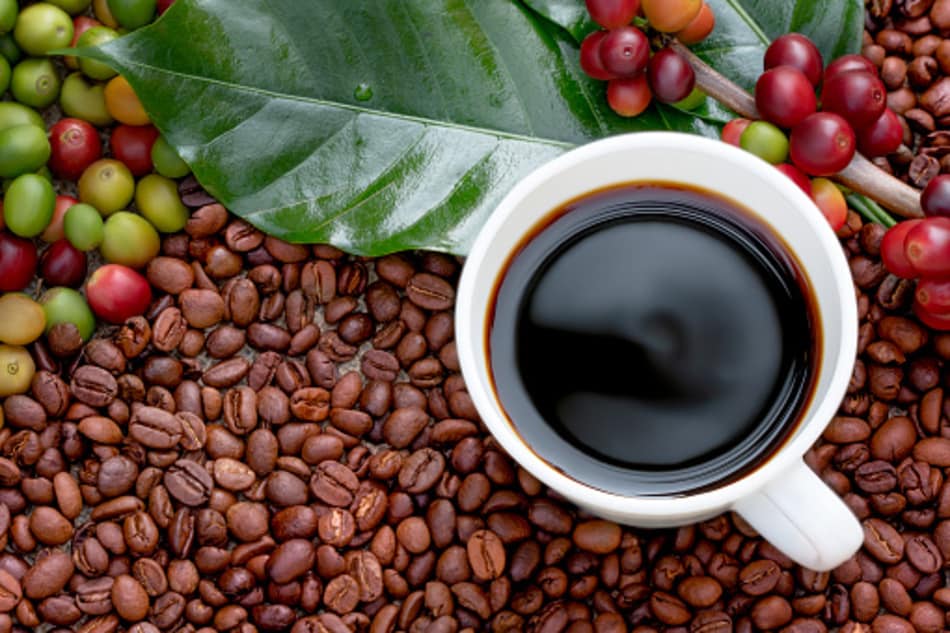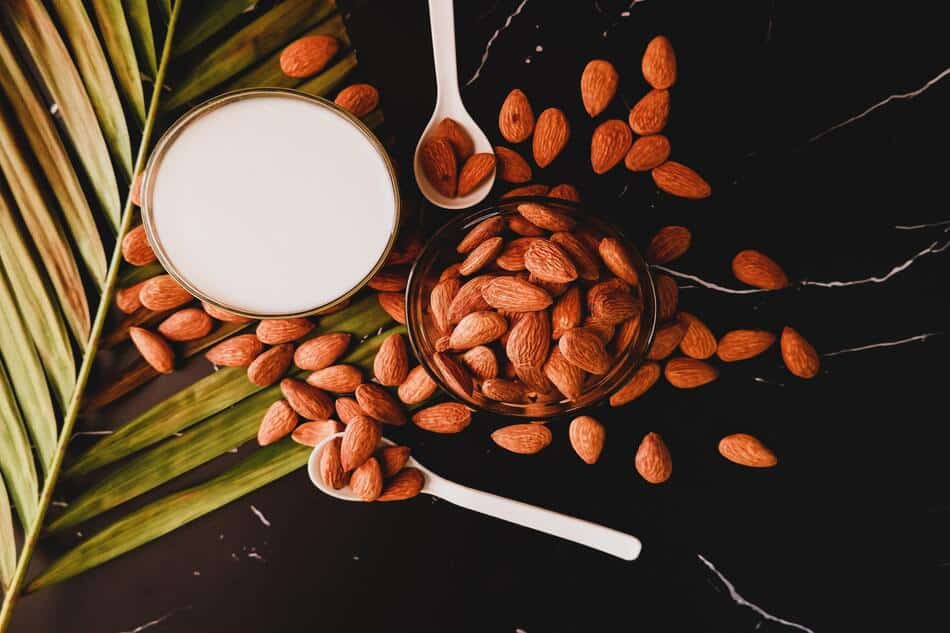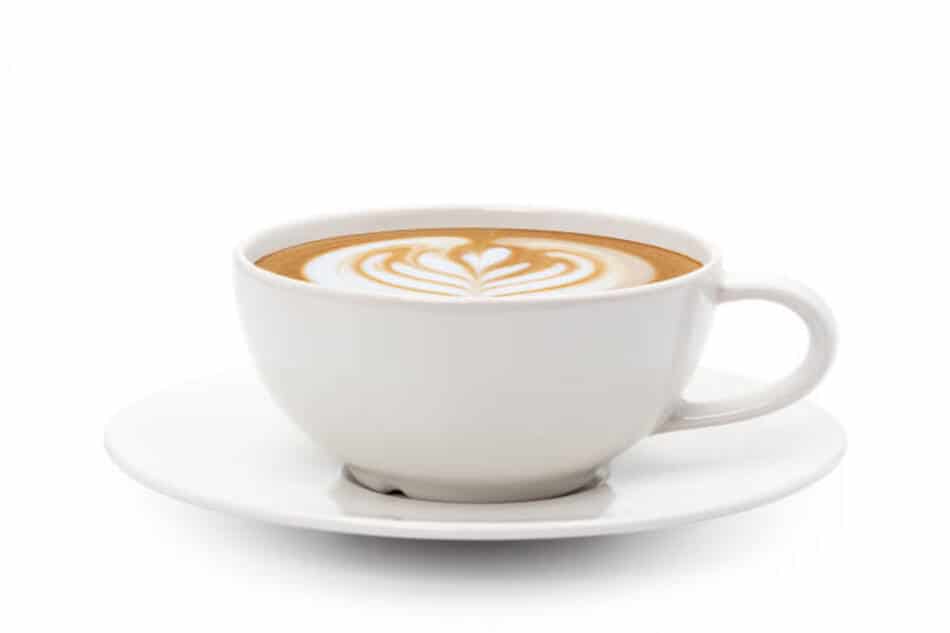Do you ever drink coffee and feel like you’re going to vomit? And you’re wondering “why does coffee make me nauseous”? If so, you’re not alone. Many people experience nausea after drinking coffee. In this article, we will explore the possible reasons why coffee makes some people feel sick. We will also discuss ways to reduce or prevent nausea after drinking coffee.
There are several possible reasons why coffee might make you nauseous. One reason is that coffee is a diuretic, which means it increases urine production. This can lead to dehydration, which can cause nausea. Another possibility is that coffee irritates the stomach lining, leading to nausea and vomiting. Coffee may also stimulate the digestive system, causing cramps and diarrhea.
Why Do I Feel Sick After Drinking Coffee?
Acidity
Acidity is the main reason why coffee can make you feel nauseous. Coffee beans are naturally acidic, and the brewing process makes them even more so. If you have a sensitive stomach, all that acidity can cause nausea or an upset stomach. If you’re sensitive to acidic foods, coffee may not agree with you.

Coffee is acidic and stimulating, which can aggravate symptoms of acid reflux or heartburn. If you have a gastrointestinal disorder like Crohn’s disease or ulcerative colitis, coffee may also worsen your symptoms.
Withdrawal
Another reason could be withdrawal from caffeine. If you’re used to drinking a lot of coffee and then cut back or stop altogether, you may experience nausea as part of the withdrawal process.
Dehydration
Dehydration can also cause nausea. Make sure you’re drinking plenty of water throughout the day, especially if you’re also consuming caffeine. Coffee is a diuretic, so it will make your body expel more water than usual. Drinking lots of water will help offset this effect and prevent dehydration-related nausea.
Related: How Many Carbs Are In Coffee?
Diuretic Effect
This is one of the reasons why coffee may make you nauseous. When you drink coffee, especially on an empty stomach, it can cause dehydration and irritate the lining of your stomach. This can lead to nausea and vomiting. If you’re sensitive to caffeine, even small amounts can trigger these symptoms.
Food Poisoning
In some cases, food poisoning can cause nausea after drinking coffee. If the coffee beans are contaminated with bacteria, they can cause severe illness. Symptoms of food poisoning usually start within a few hours of consuming contaminated food. If you experience nausea after drinking coffee, it’s important to see a doctor to rule out any underlying health conditions.
Drinking coffee on an empty stomach can also cause nausea. When you drink coffee on an empty stomach, it can irritate the lining of your stomach and lead to dehydration. If you’re sensitive to caffeine, this can make your symptoms worse. It’s best to eat something before you drink coffee in the morning or throughout the day. Drinking decaffeinated coffee may also help reduce your symptoms.
Milk And Sweetener
They can mask the bitterness of coffee and make it more palatable, but if you’re still finding yourself feeling nauseous after adding these things, it’s worth considering that you might be sensitive to the coffee itself. Caffeine is a stimulant and can speed up your digestive system, which is why some people experience nausea and an upset stomach when they drink coffee on an empty stomach. If you’re prone to anxiety, coffee can also exacerbate feelings of anxiousness and nervousness.
Experiment with different brewing methods and types of coffee beans to see if that makes a difference as well. If you’re still having trouble, talk to your doctor or a registered dietitian for more advice.
The Temperature
Another reason why coffee may make you nauseous is if it’s too hot or too cold. Extreme temperatures can irritate your stomach and lead to cramping, bloating, and nausea. Try to drink lukewarm coffee or at room temperature to avoid this issue.
Coffee is one of the most popular drinks in the world, but it’s not for everyone. If you find that coffee doesn’t agree with you, there are plenty of other options out there. Don’t be afraid to experiment until you find something that works for you. Your perfect cup of coffee is out there waiting for you!
How To Prevent Feeling Nauseous After Coffee
We’ve all been there. You drink a cup of coffee on an empty stomach and 20 minutes later you’re feeling nauseous. Or, you drink coffee while you’re already feeling a little queasy and suddenly your stomach is doing flip-flops. So, what can you do to prevent feeling nauseous after coffee?
Stay Hydrated
Try drinking your coffee with a little bit of food in your stomach. A light snack will help buffer the acidity of the coffee and reduce the chances of irritation. Eat something before you drink coffee. Coffee on an empty stomach can make anyone nauseous. If you must drink coffee on an empty stomach, try a small cup first and wait 20-30 minutes before having more.
Caffeine is a stimulant that can speed up your digestive system. When you drink coffee on an empty stomach, this effect is amplified. The result is often nausea and an upset stomach. To avoid this, drink coffee with food or snack on something before you have your first cup. This will help slow down the absorption of caffeine and minimize any discomfort.
Try Something Else
Try drinking decaf coffee or tea. The lack of caffeine will still give you that nice pick-me-up without the risk of making nausea worse. If you think you might be sensitive to coffee, try switching to decaf or tea instead and see if that makes a difference for you. Everyone’s body is different and responds differently to different foods and drinks, so it’s important to listen to your body and figure out what works best for you.
Take Small Sips
Drink slowly and take small sips. If you gulp down your coffee too fast, you might end up feeling bloated and uncomfortable – which can lead to nausea.
Switch Milk
Drink it black or switch up your milk. If you’re someone who gets nauseous after drinking coffee, it could be the milk you’re using. Try switching to a different kind of milk, or drink your coffee black. You might also want to try a different brand of coffee beans, as some can be more acidic than others. Whole milk is higher in fat than other types of milk, and that fat can sometimes make people feel nauseous. Try switching to skim milk or an alternative like almond milk instead.

If you’re still struggling with nausea after trying these tips, it’s best to consult with a doctor. There may be an underlying condition that’s causing your symptoms. With the help of a medical professional, you can find the root cause of your problem and get relief.
What To Take Instead
If you still can’t stomach coffee, there are plenty of other energizing beverages out there that might suit you better. Tea, energy drinks, and even sparkling water can give you the boost you need without making you feel sick. Experiment until you find something that works for you!
Related: Green Coffee Vs Black Coffee: Which Is Better?
Final Thoughts
So, if you’re wondering why coffee makes you nauseous, it’s likely because of the acidity. Try switching to a less acidic coffee or adding milk to neutralize the acidity. If that doesn’t help, you may have an intolerance to caffeine or one of the other compounds in coffee. In that case, your best bet is to just avoid coffee altogether. Thanks for reading! I hope this article was helpful. Please feel free to share it with anyone who might find it useful.

